
What is Jun?
A cousin of traditional kombucha, jun is made with honey instead of cane sugar for a smoother, lighter approach that’s absent of any vinegar bite.


A cousin of traditional kombucha, jun is made with honey instead of cane sugar for a smoother, lighter approach that’s absent of any vinegar bite.

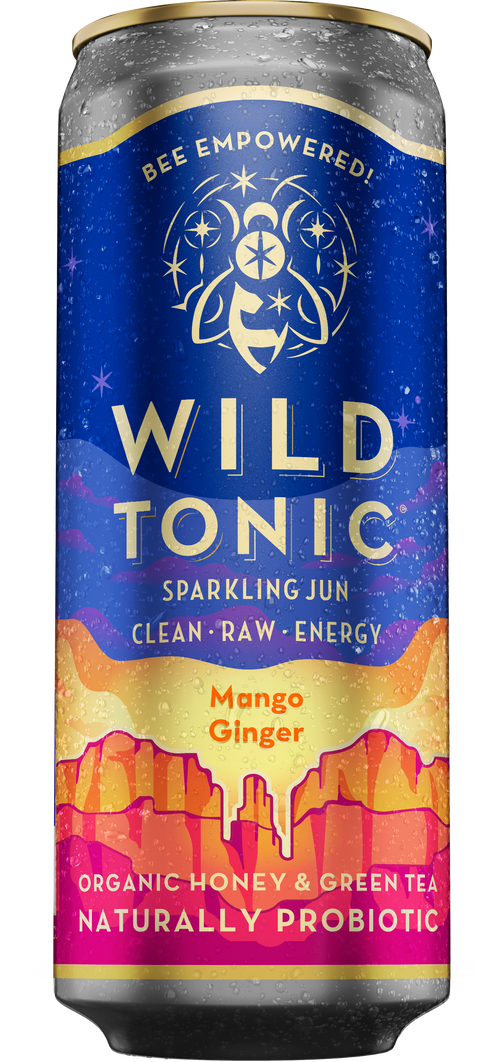
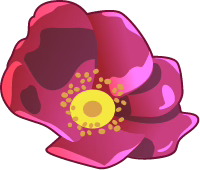
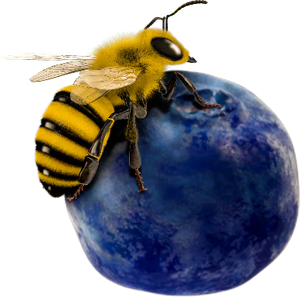
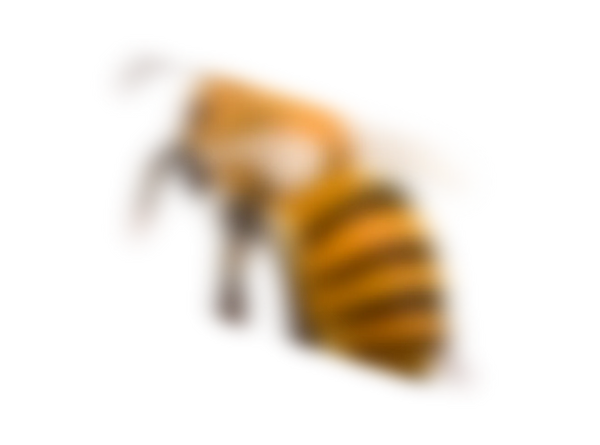
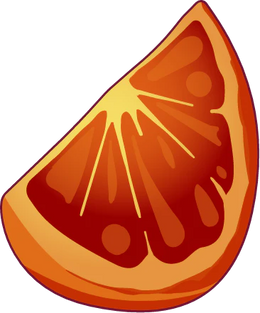
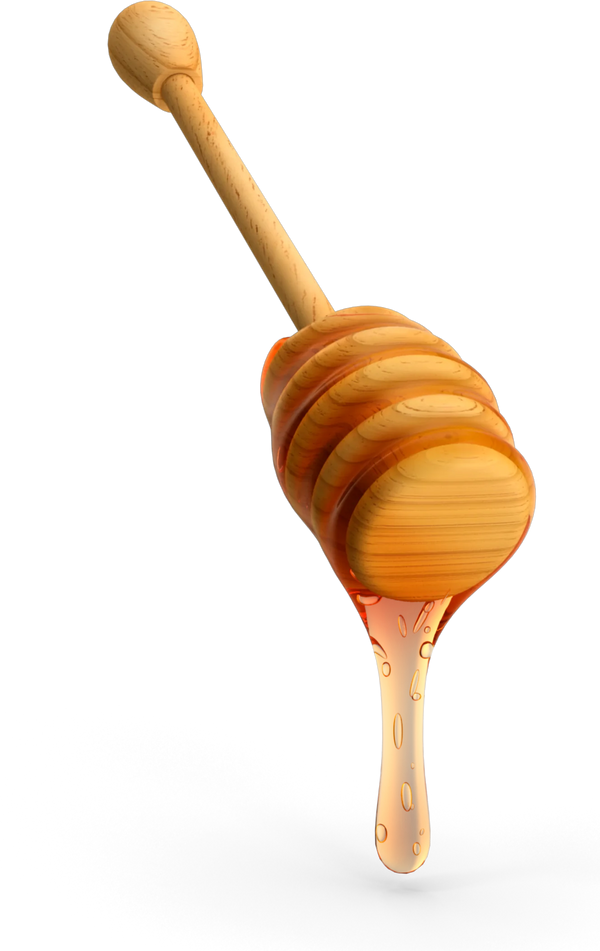
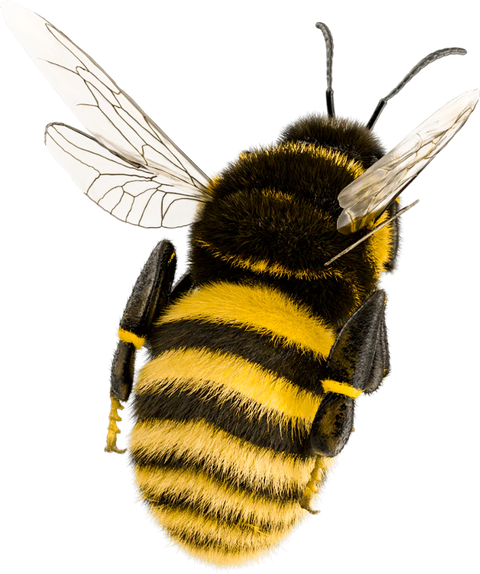
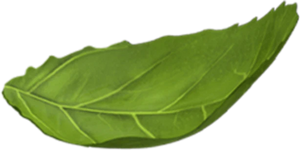
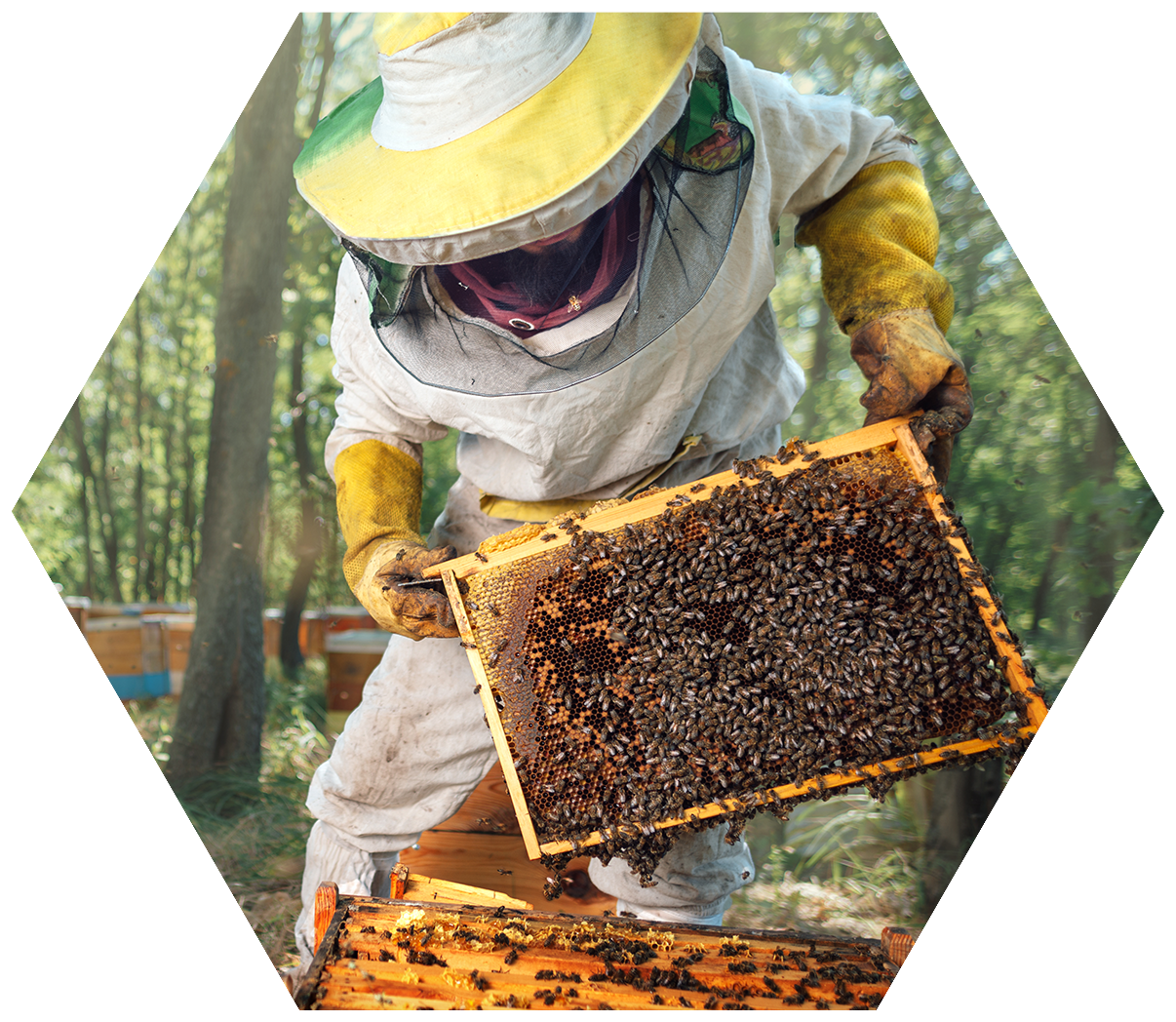
A big part of our mission is to help strengthen bee populations. By identifying and encouraging the Wild characteristics in bees, we can help them adapt and thrive once again in an increasingly industrial world, in the face of over-domestication and colony collapse. The stunning cobalt blue that attracts bees to flowers is what inspired the creation of our bottles.
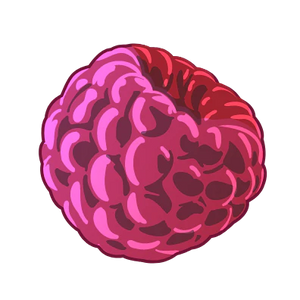
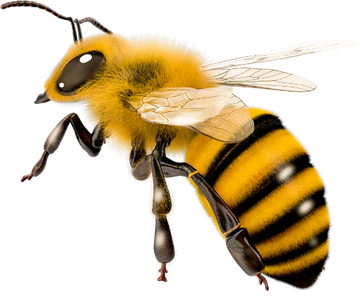
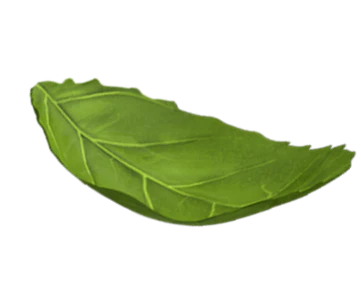
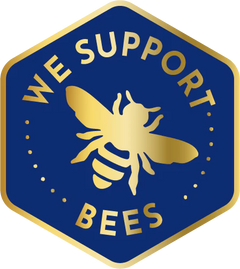
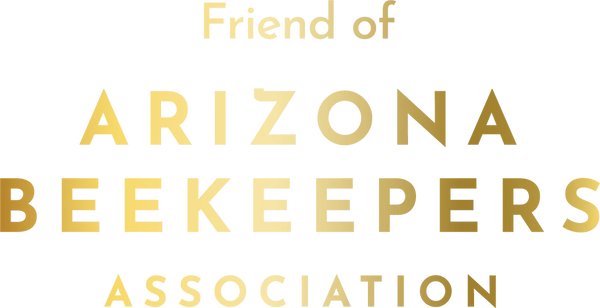
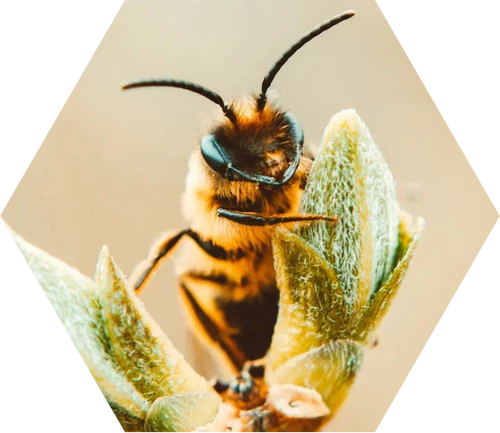
These cute, fuzzy little insects contribute to our lives more than you’d think! Unfortunately, their population is declining.
Did you know that if bees don’t exist, then neither does coffee, chocolate, watermelon, avocados and countless other foods? The pollination from honey bees in the United States contributes to over 150 crops, generating $20 billion annually.
The following are just a few of bee-friendly plants that might be great in your garden: lavender, heather, thyme, rosemary, mint, oregano, calendula.
By purchasing from local organic farms, you are helping to support the bees and beekeepers in your area.
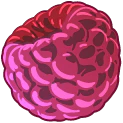
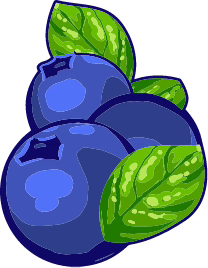
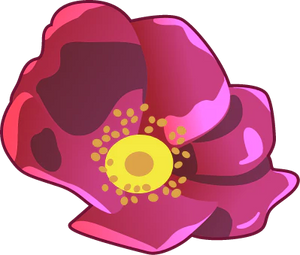
Earn discount on your order right now!